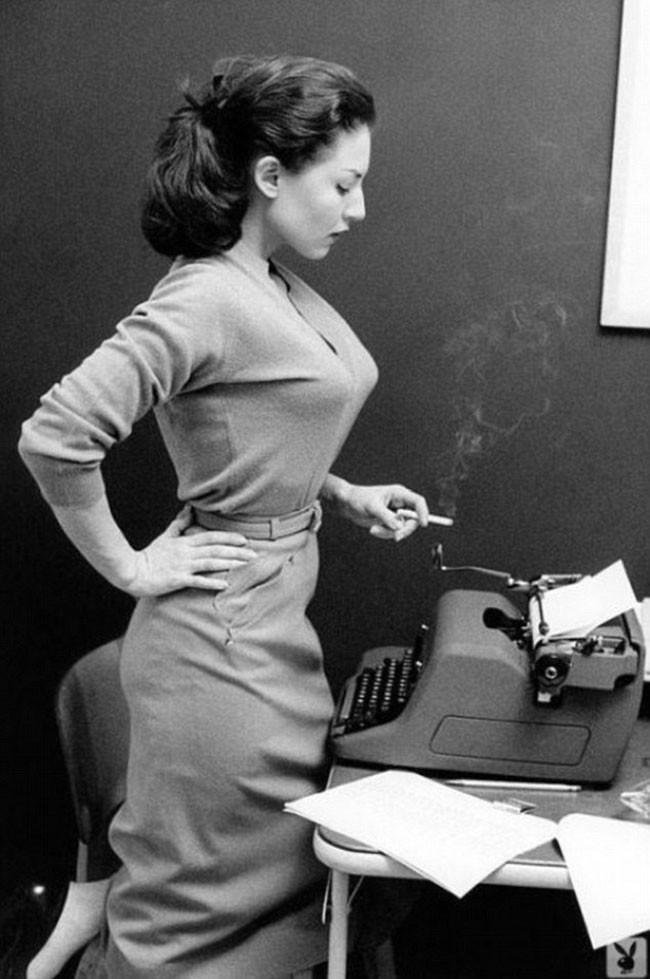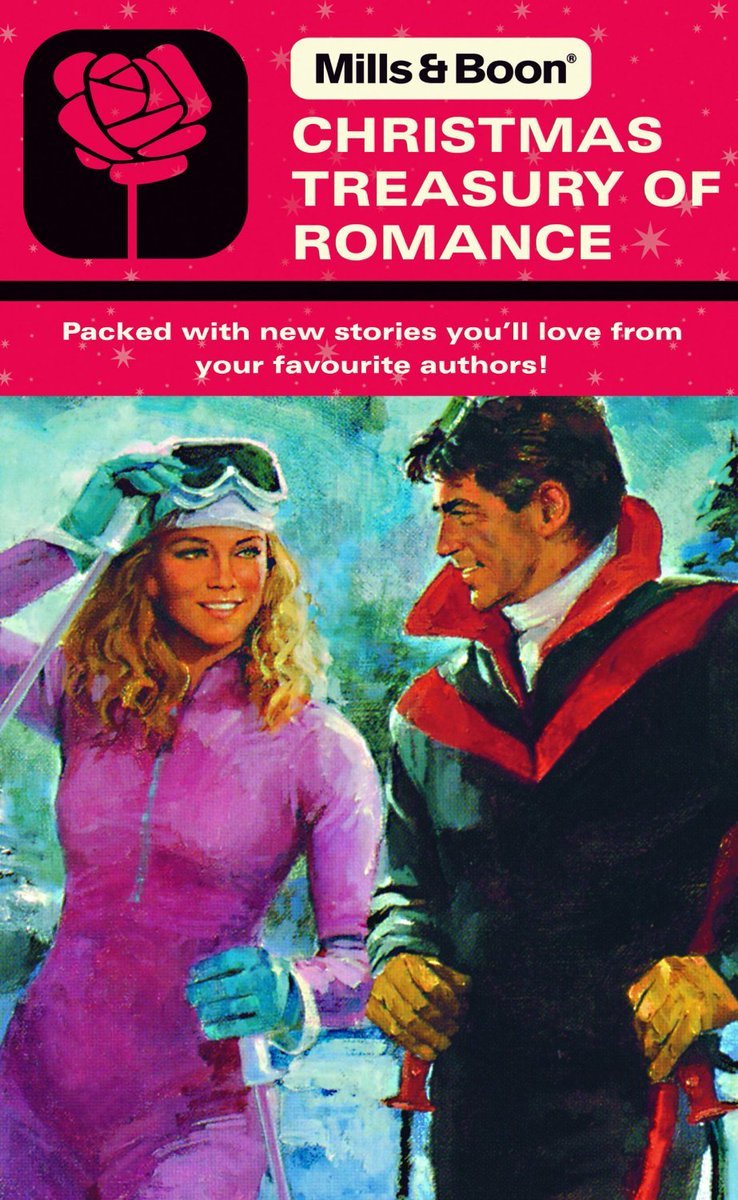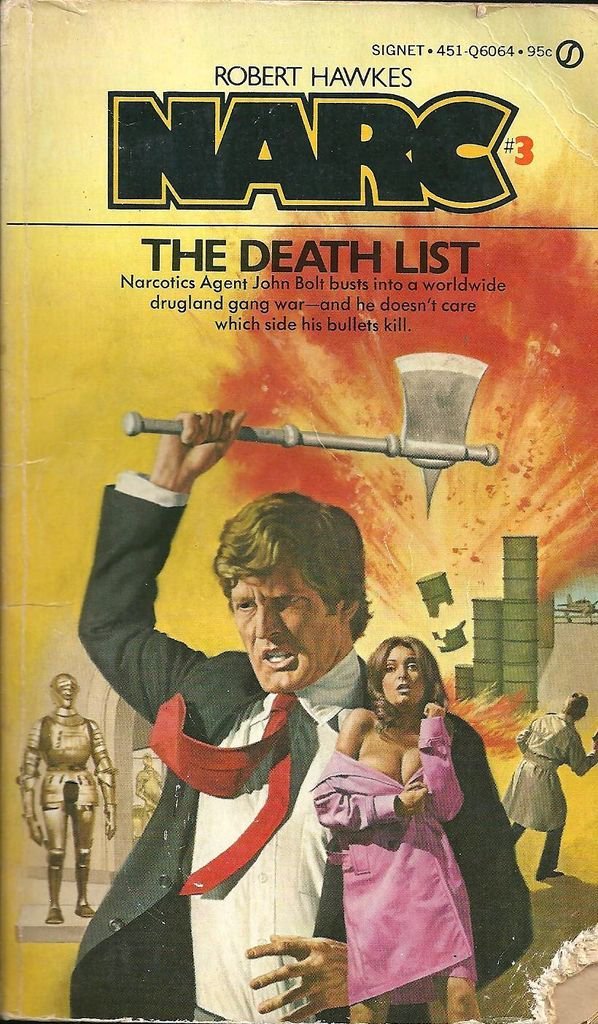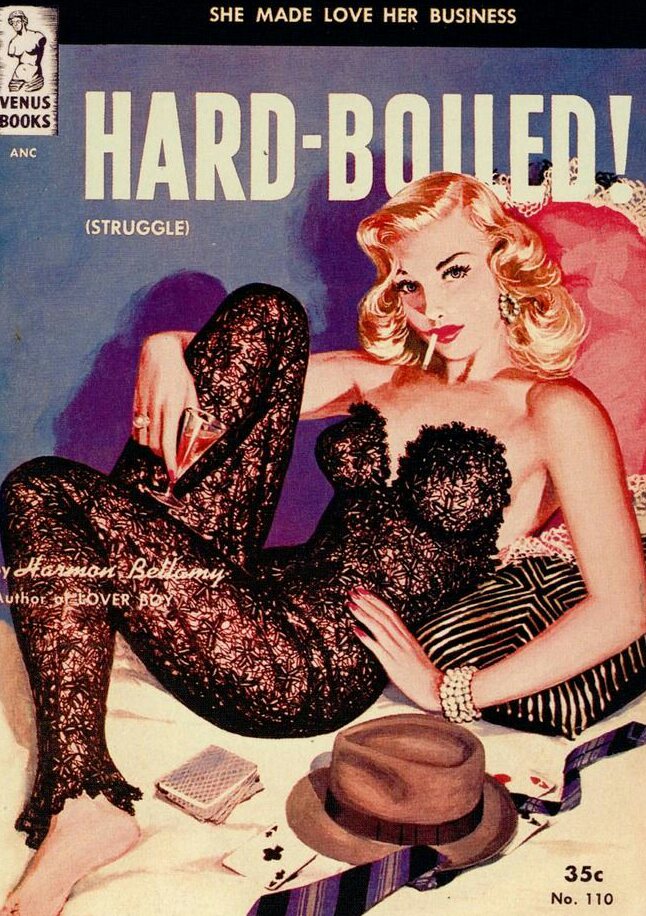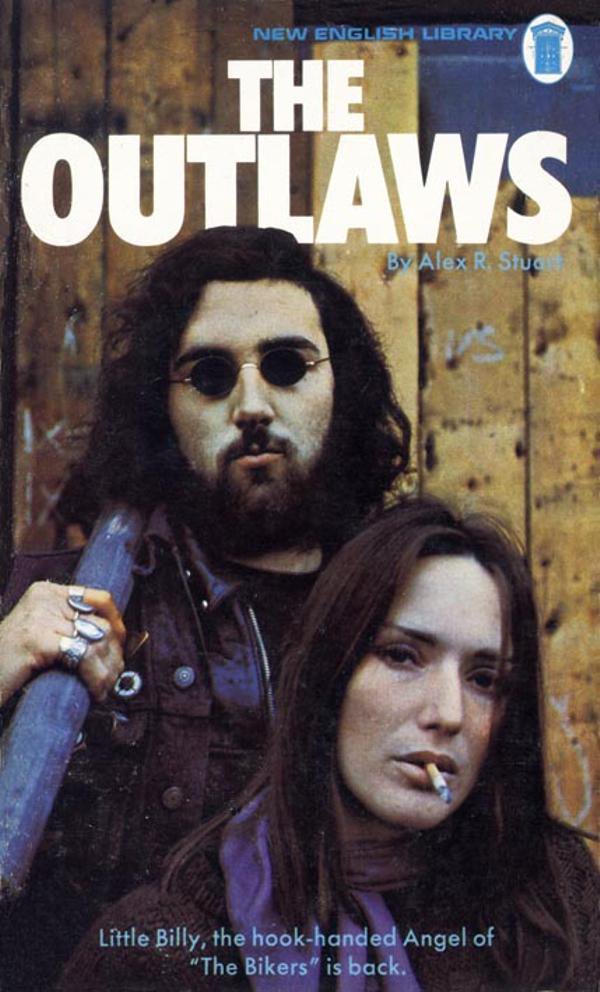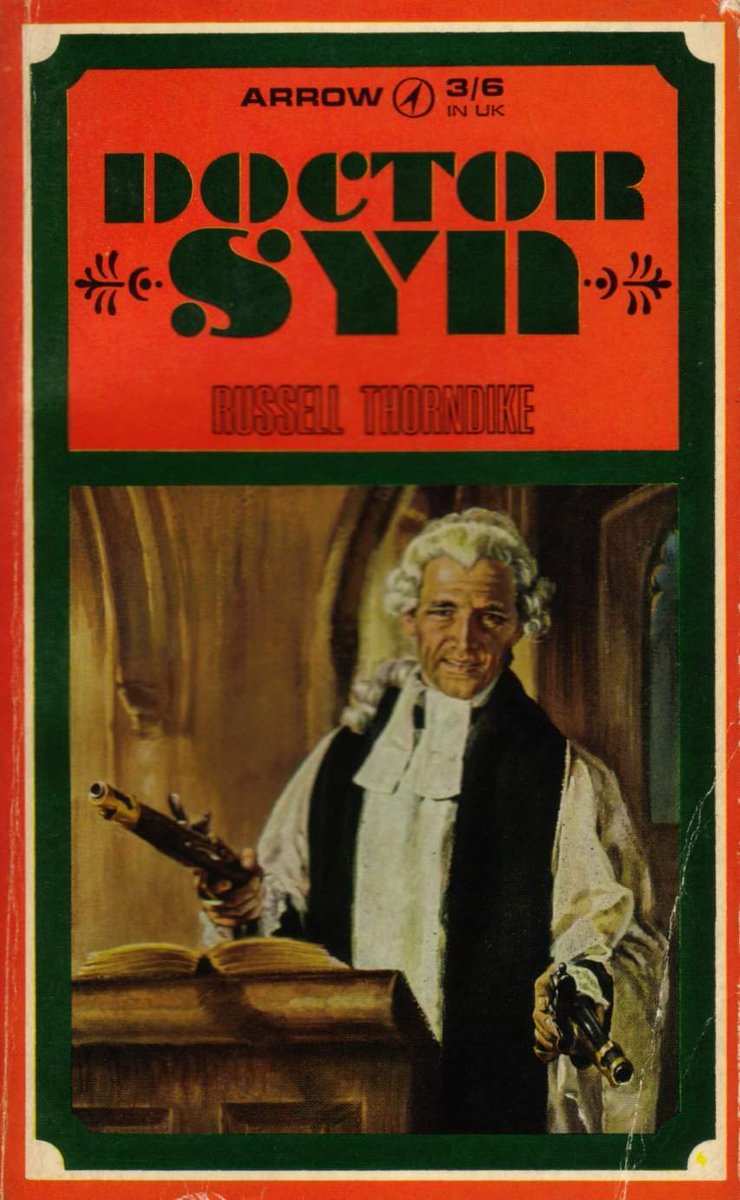If stock photography has taught us one thing it's how to recognise a hacker! But how much do we really know about these shady characters, with their ill-fitting balaclavas and their Windows 7 laptops?
Here's my essential stock photography guide to #cybersecurity...
Here's my essential stock photography guide to #cybersecurity...
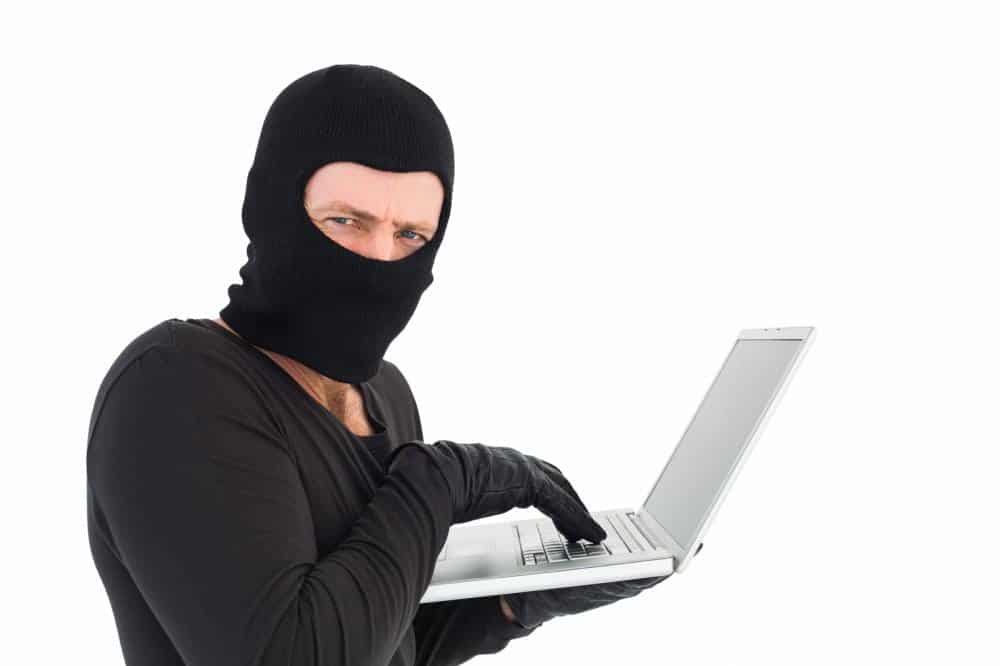
First things first, hacking has come on leaps and bounds in the last few years. Backing up your sensitive data on C60 cassette and labelling it "Flock of Seagulls Megamix' is no longer enough to keep your information safe! 

And hackers are actually very hard to spot. That's because they dress head-to-toe in black (or very very very dark grey) since they live on the Dark Web and want to blend into the background. 

What hackers want from you is personal information. No matter how trivial it still has value to them - and they'll go to extrodinarily lengths to get it! 

There are many types of hacker. Some are 'crackers': experts at breaking into networks. Their 'tell' is their habit of saying "I'M IN" in a deep voice once they've got past the firewall. Watch out for anyone you don't know using that phrase. 

'Keystroke hacking' involves a criminal examine your keyboard in minute detail, often with a magnifying glass, to see which keys have the most pizza grease stains on them. It's only a matter of minutes before they've deduced what your password is. 

'Shoulder surfing' is another popular hacker trick to find out your password. The criminal pretends to be examining dandruff on your shoulder, but in reality he's watching you type! Always shield your pin, or wear a blouse with huge shoulder pads to obscure their view. 

Sometimes a hacker doesn't even need to be in the same room as you to access your data. He can 'infect' your computer with a virus, from distances of up to 12 feet. Popular viruses include worms, Trojans and spywear. Always wipe your screen with disinfectant to protect yourself. 





Ransomwear is also a frequent hacker tactic. Instead of stealing your data they lock your computer and charge you several 'bit coins' to unlock it. Fortunately bitcoin looks like chocolate money, so try paying them with that: it's probably worth more now. 



I know, traditionally we used to protect our computers by leaving a padlock on the keyboard, telling the hacker that we're wise to their tricks. However modern cyber criminals can by special 'keys' from the internet to unlock these. Nowadays you have to be more vigilant. 

So to be safe online:
- Never share your computer with your family.
- Don't open emails if they look interesting.
- Always forget your password.
- If in doubt for God's sake don't click anything!



- Never share your computer with your family.
- Don't open emails if they look interesting.
- Always forget your password.
- If in doubt for God's sake don't click anything!




Hackers normally celebrate their success by doing the 'Hacker Haka', a traditional dance involving stamping of the feet and partitioning of the C drive. So if you don't want to cause their next celebration you'd best heed my #CyberSecurity hints! 

The internet is very complex and can easily trap the unwary. So if you're still worried about 'netting' try mastering teletext first, or typing numbers into a calculator: it's much safer than making a big mistake online.
Stay safe everyone...
Stay safe everyone...

• • •
Missing some Tweet in this thread? You can try to
force a refresh


